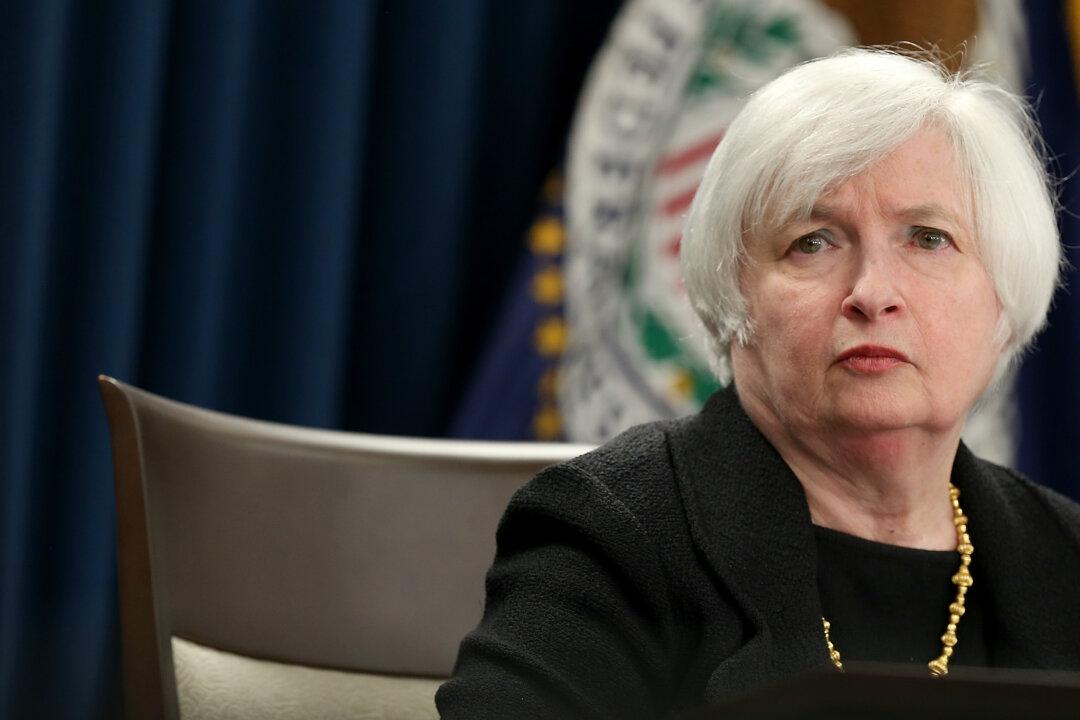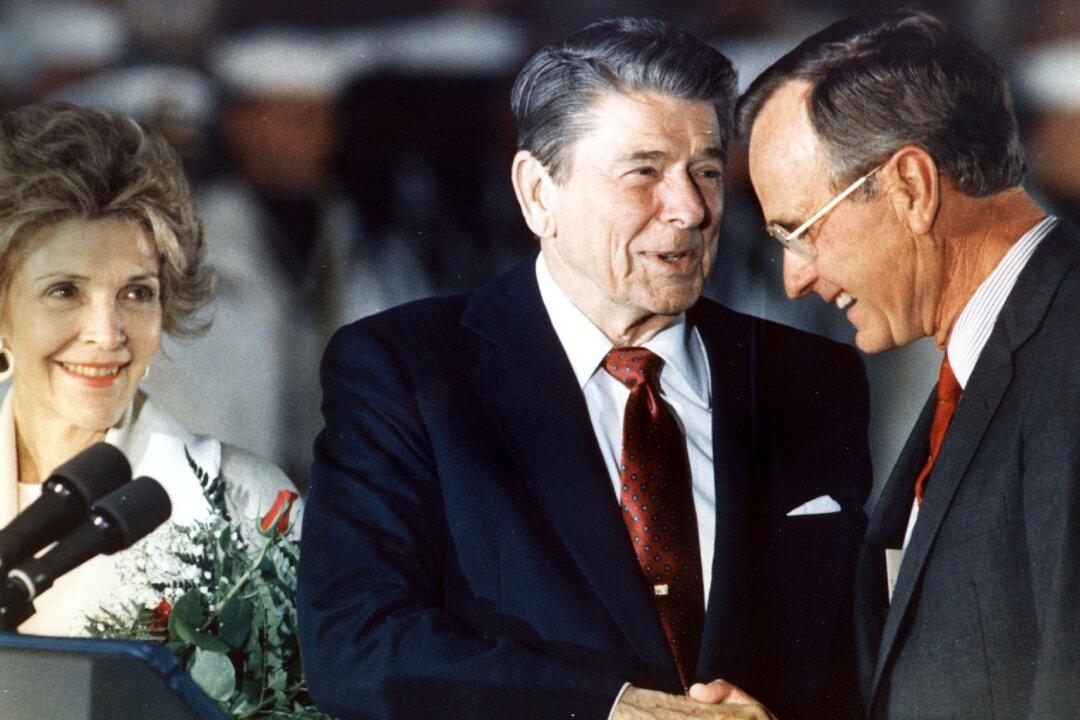The Federal Reserve should raise interest rates because inflationary pressures are greater than most policymakers admit and the economy is nearing full employment.
Seniors won’t get a boost in their Social Security checks this year because consumer prices for urban wage earners—the measure the government uses to adjust those payments—fell from the third quarter of 2014 to 2015. However, that’s largely because oil fell from over $100 a barrel to less than $50, pulling down retail prices for gasoline, home heating oil, and related commodities.
Remove energy prices and the broader, the all urban Consumer Price Index commonly used to measure inflation is up nearly 1.9 percent. As domestic oil and natural gas production fall, energy prices will rebound. That will push up costs for airlines, supermarkets, and many other businesses that must be passed on to consumers.





